BLC Communities
At the heart of BLC are its membership Communities. These Communities drive BLC's core activities forward and welcome members from across the BLC network.
BLC Communities range from spaces designed for professional networking and idea sharing among colleagues, to board-appointed committees and groups focused on specific projects or initiatives. Learn more and get involved, here.
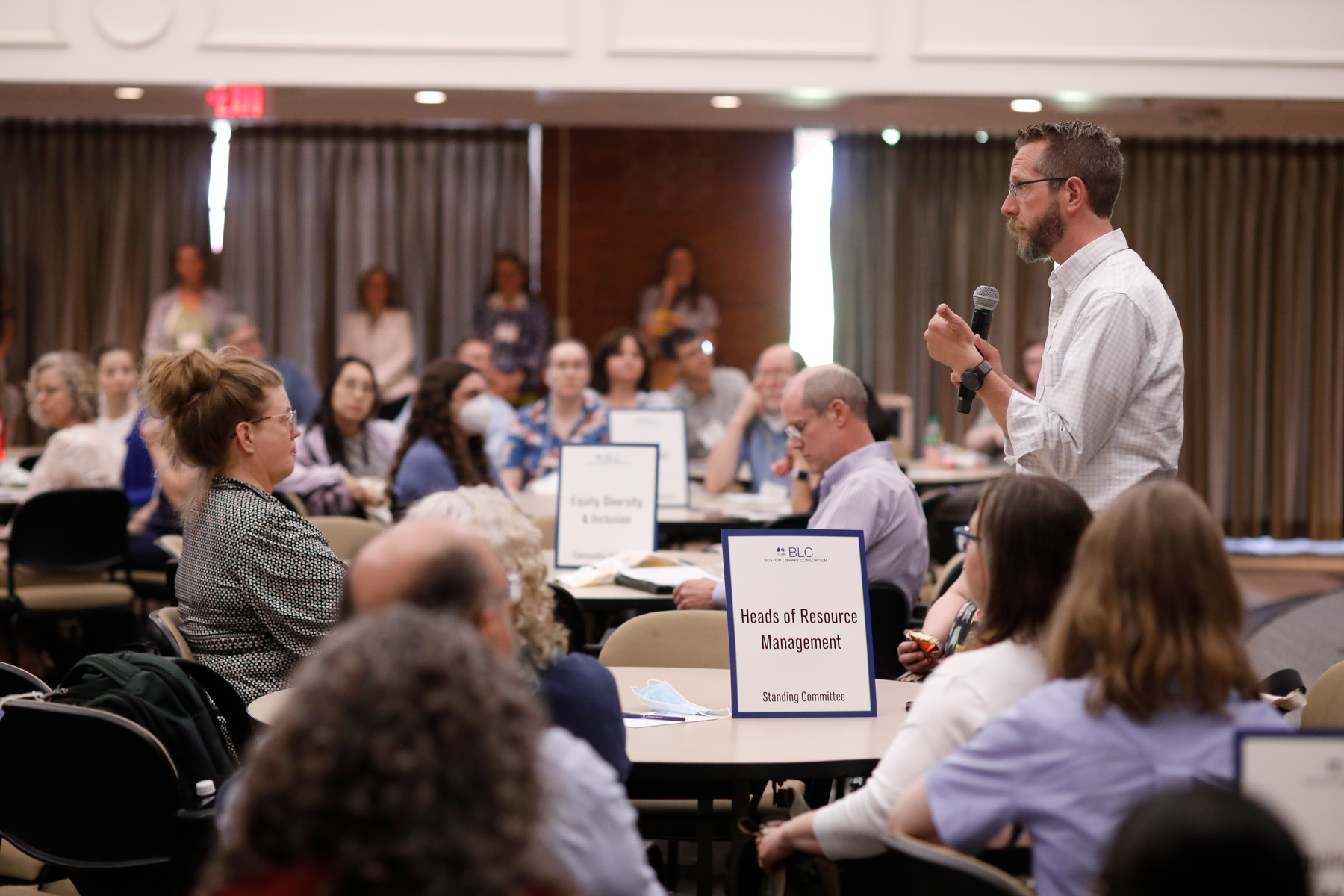
Standing Committees
BLC's Standing Committees are appointed by the BLC Board of Directors to oversee core operational and strategic areas of consortial activity.
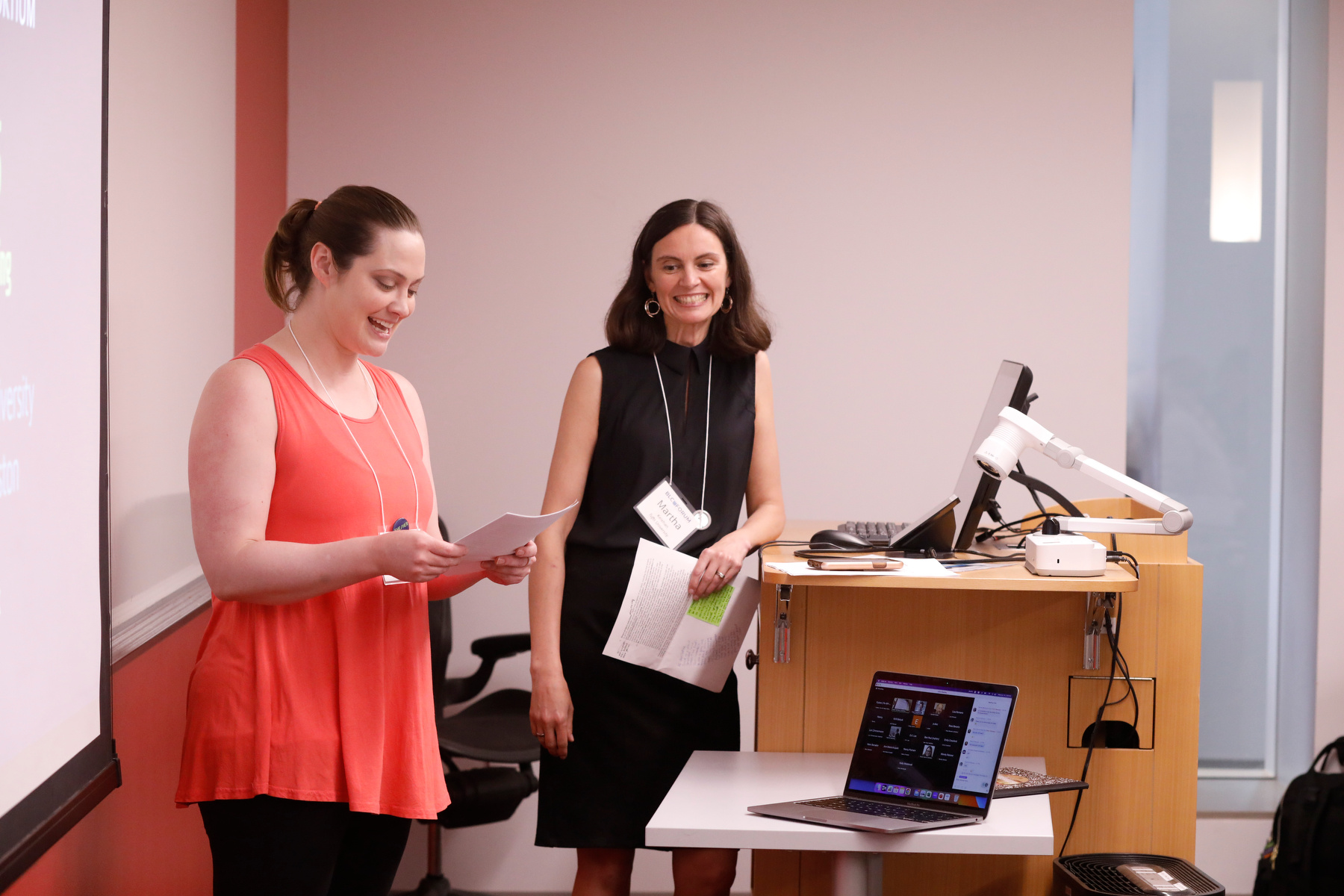
Steering Committees and Working Groups
Steering Committees and Working Groups focus on emergent opportunities and collaborative initiatives, usually with a fixed duration.
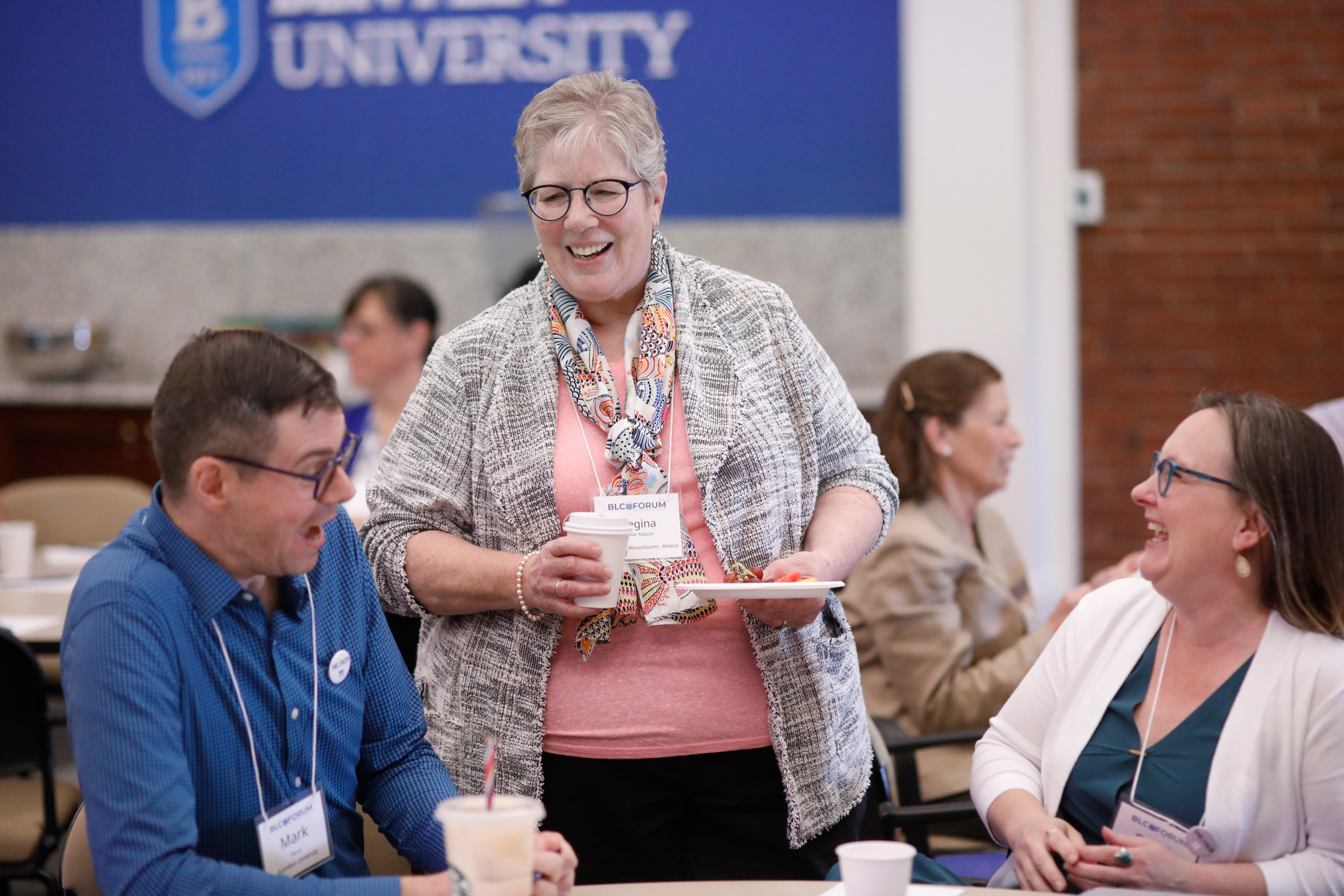
Communities of Practice
BLC's Communities of Practice are forums for collaboration and exchange around common areas of practice, with membership restricted to individuals with specific roles and responsibilities.
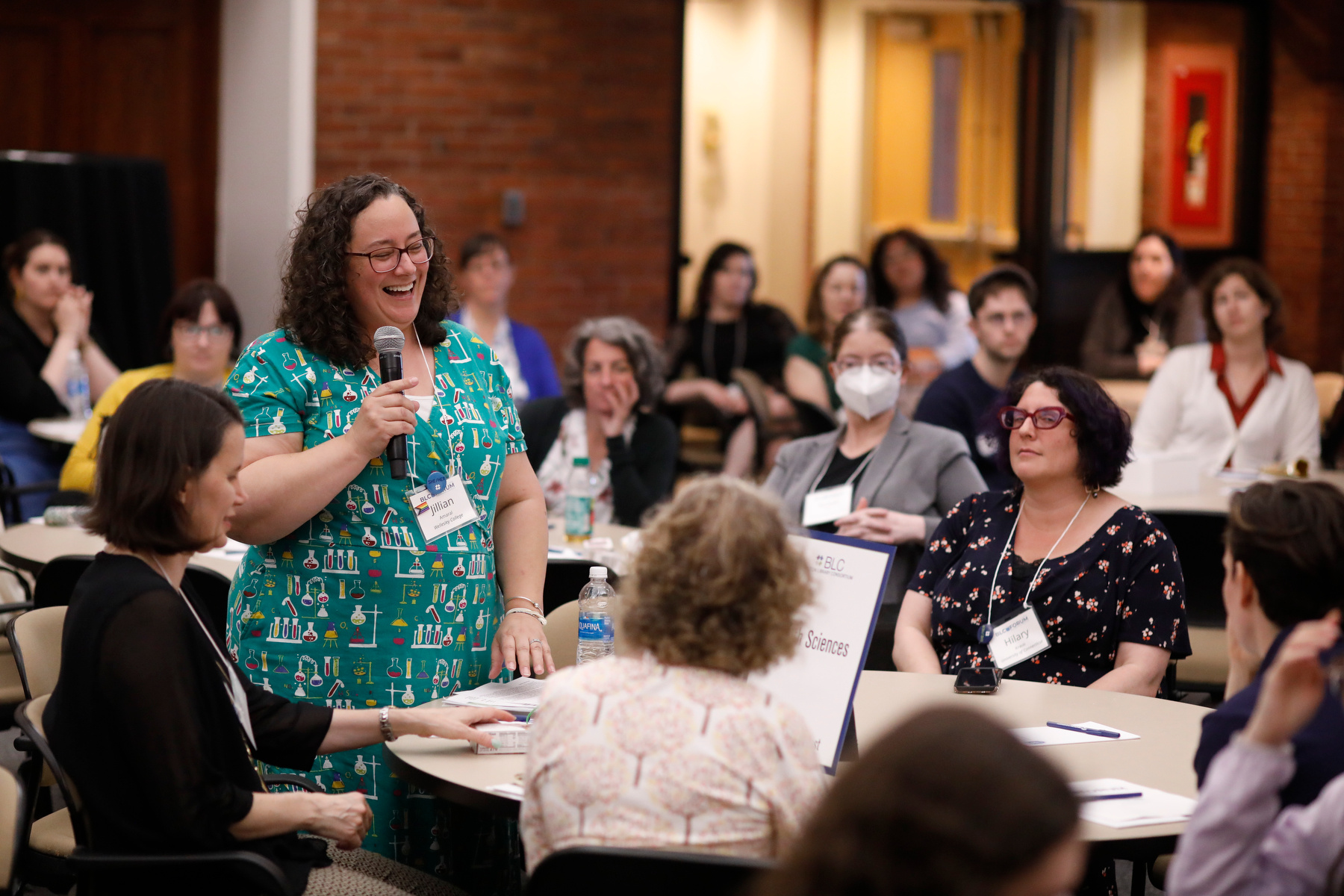
Communities of Interest
Communities of Interest are forums for collaboration and exchange around common areas of practice and current issues, open to all interested individuals.
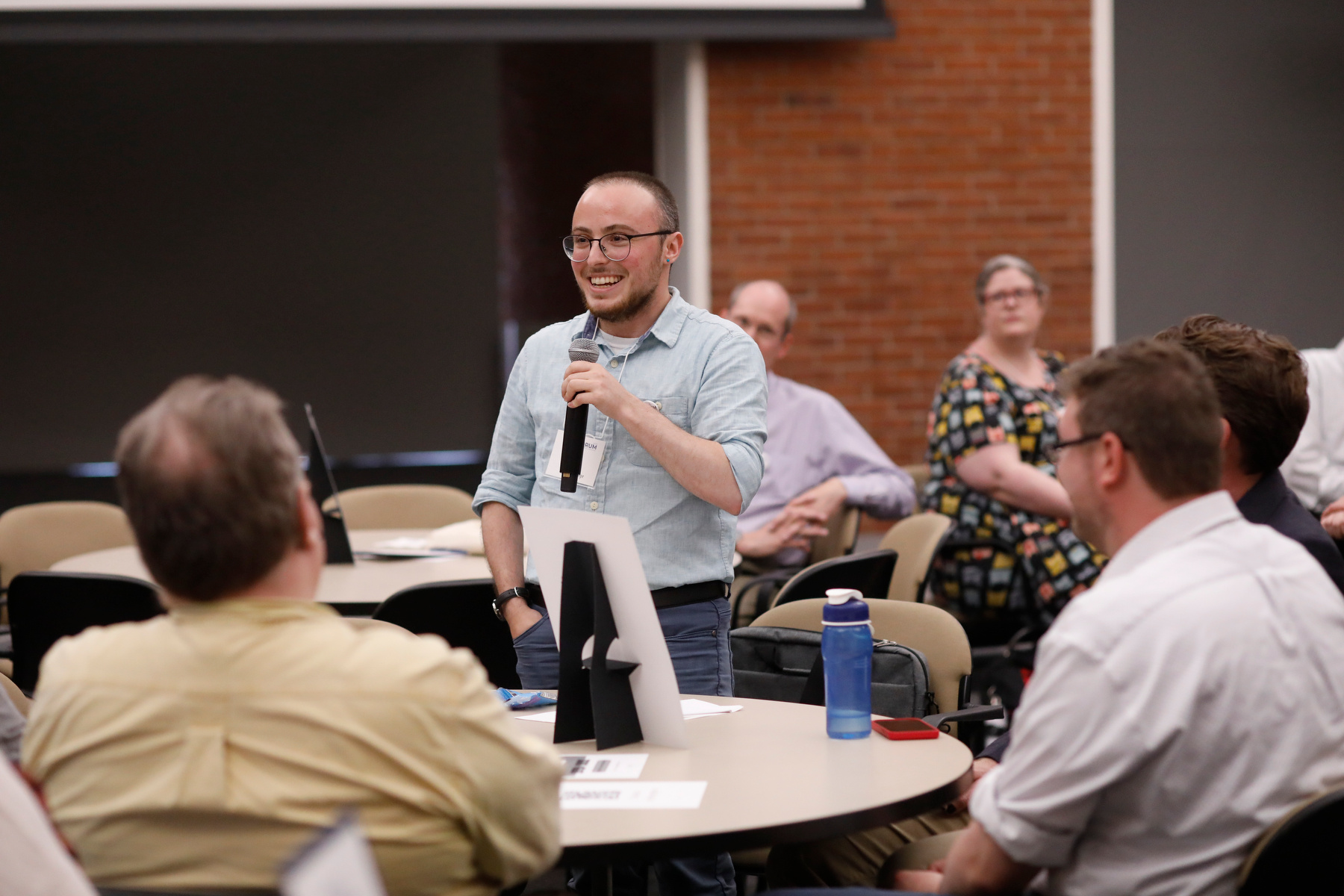
Caucuses
BLC's Caucuses are forums for collaboration, exchange, and conversation for under-recognized library workers or LIS students (at any level), open to all regional library workers or students (within and outside of BLC) who identify.
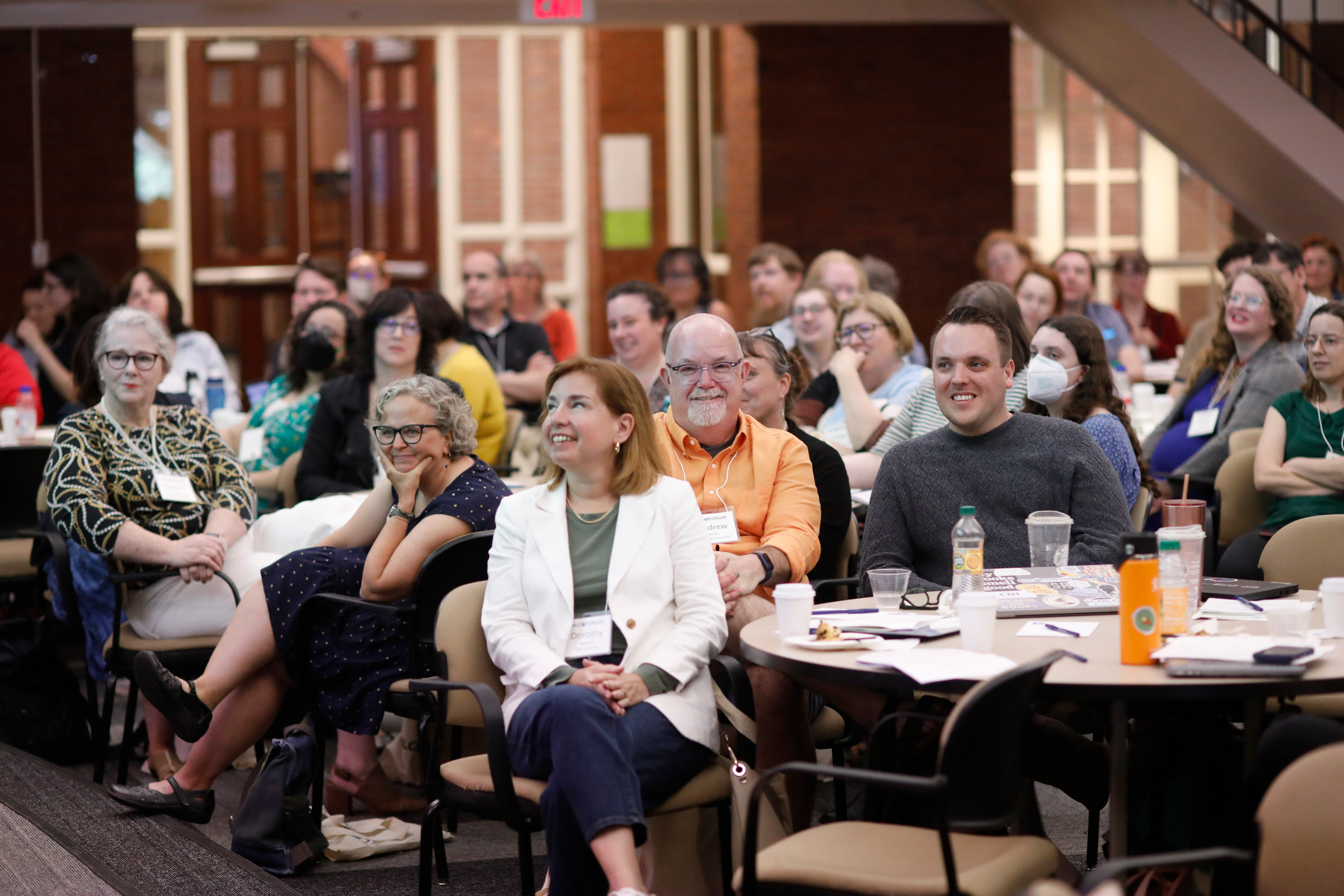
Board Committees
BLC's Board of Directors maintains three committees: the Executive Committee, the Finance Committee and the Governance Committee.
Resources for BLC Communities
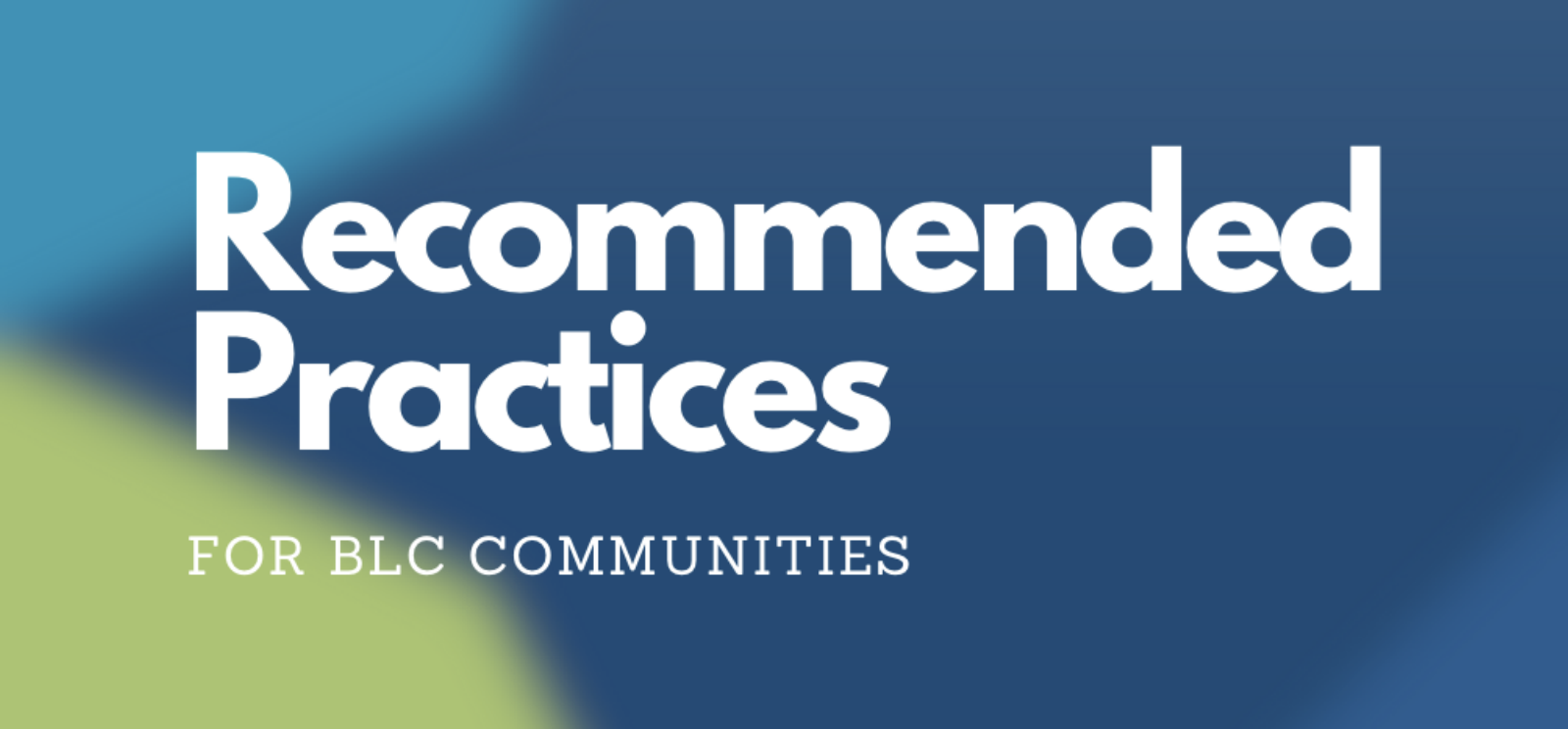
Recommended Practices for BLC Communities
This document aims to guide Communities while allowing them the flexibility to determine and adopt procedures that suit their needs.
Find info on:
- Co-Chair Expectations and Support
- Communications and Meeting Practices
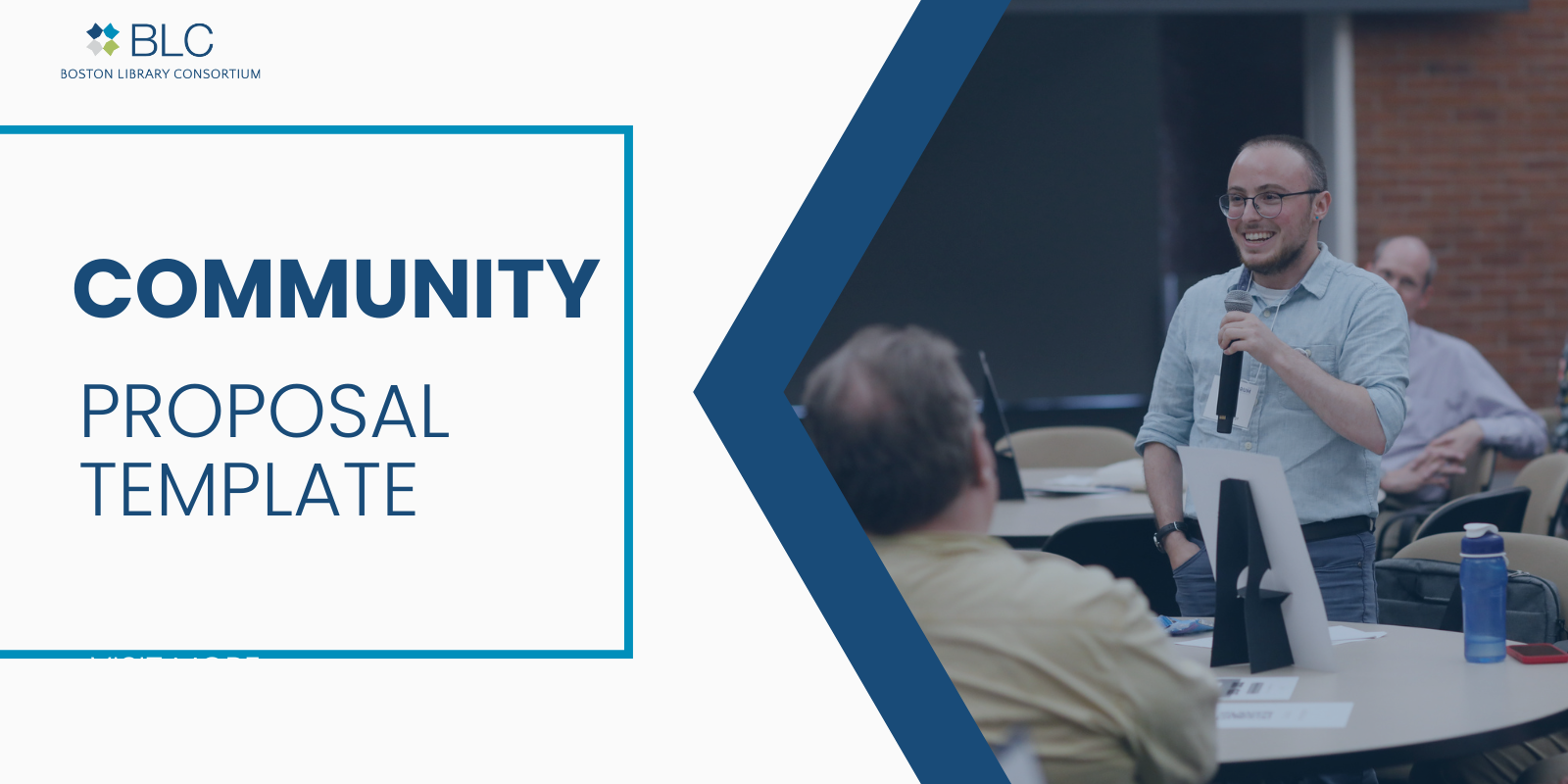
New Community Proposal Form
Librarians and library staff interested in creating new BLC Communities are encouraged to work with the BLC team to submit a proposal.
Proposals should include:
- An Exploration of Need
- Community Charge
- Description of Potential Activities
.png?width=1600&height=800&name=Funding%20for%20BLC%20Communities%20(1).png)
Funding for BLC Communities
BLC Communities of Interest, Communities of Practice, Working Groups, Committees, Caucuses, and independent coalitions may apply for funding awards to enrich their collective work.
Find info on:
- BLC's Innovation Fund
- BLC's Reserve Fund
- Recently Funded Projects
Standing Committees
BLC's Standing Committees are appointed by the BLC Board of Directors to oversee core operational and strategic areas of consortial activity.
Heads of Resource Management
Defines and articulates a vision for a BLC collective collection, and more.
Steering Committees and Working Groups
BLC's Steering Committees and Working Groups focus on emergent opportunities and collaborative initiatives, usually with a fixed duration.
Equity, Diversity, and Inclusion Steering Committee
Articulating an EDI strategy and long-term goals to advance consortial EDI efforts at scale.

Network Zone Analytics Working Group
Evaluating the analytics capabilities of the Network Zone relative to institutional and consortia needs and goals.

Network Zone Documentation Working Group
Selecting and implementing a documentation platform for the Network Zone project.
Communities of Practice
BLC's Communities of Practice are forums for collaboration and exchange around common areas of practice, with membership restricted to individuals with specific roles and responsibilities.
Senior Managers
Share ideas and best practices on leadership, strategy, and library organization.
Human Resources
Develop and execute project-based initiatives to create change in HR policy and practice.
Alma/Primo
Develop, pilot, and collaborate on projects with Alma/Primo libraries in the BLC.
BLC Leads Alumni
Network, grow, and collaborate. The BLC Leads Alumni COP is open to all alumni of the BLC Leads program.

Network Zone Cataloging
Provide leadership on all aspects of cataloging and metadata within the Network Zone.

Network Zone Collections
Steward the libraries’ efforts to leverage the Alma Network Zone to facilitate shared collections.

Network Zone Discovery
Undertake collective efforts to take advantage of Network Zone functionalities related to discovery.

Network Zone Leads
Provide leadership for the overall Network Zone project and facilitating the work of the Network Zone Communities
Communities of Interest
BLC's Communities of Interest are forums for collaboration and exchange around common areas of practice and current issues, open to all interested individuals.

Access Services
Network, share resources, and learn from colleagues about Access Services issues.
Archives and Special Collections
Network, share, discuss, and act on issues of importance to archives and special collections.
Assessment
Share information and support colleagues in assessment activities and learning.
Business
Discuss day-to-day and lifecycle management of library resources across all formats
Digital Stewardship Services
Surface consortial opportunities among staff using (or interested in) JSTOR Digital Stewardship Services.
Equity, Diversity, & Inclusion
Collaborate on and discuss current institution member EDI projects, programming, and services.
Facilities
Share experiences, challenges, and ideas related to the use of space in library buildings.
Government Documents
Collaborate and discuss issues relating to providing government information for research.
Health Sciences
Discover a supportive community for sharing health sciences resources for library workers.
Licensing
Learn from peers on the complicated issues that can arise in the e-resource licensing process.
Media
Discuss issues and developments in the field of audiovisual media, from analog to digital formats.
Metadata and Resource Management
Discuss day-to-day and lifecycle management of library resources across all formats.
Open Education Resources
Support and expand the use of open educational resources across BLC member libraries.
Resource Sharing
Network, learn, and help BLC libraries provide quality, cost-effective, and timely interlibrary loan.
Teaching and Instruction
Share experiences, exchange ideas, and support each other in all things teaching and instruction.
Technology
Share information, collaborate, communicate with vendors, and learn from colleagues.
Web Archiving
Collaborate about issues related to web archiving in libraries and the broader GLAM community.
Caucuses
It is important for marginalized groups to have exclusive spaces where they can come together for purposes of healing, sharing, and organization. The Boston Library Consortium's Equity, Diversity, and Inclusion Community of Interest (EDI COI) has established caucuses for underrepresented library workers or LIS students (at any level) in the Northeastern region of the United States.
Those who identify as Black, Indigenous and People of Color (BIPOC), and/or Lesbian, Gay, Bisexual, Transgender, Queer/Questioning, Intersex, and Asexual/Aromantic/Agender (LGBTQIA+) are welcome.
Board Committees
The Board of Directors maintains three committees whose composition is limited to current BLC board members: the Executive Committee, the Finance Committee and the Governance Committee.
